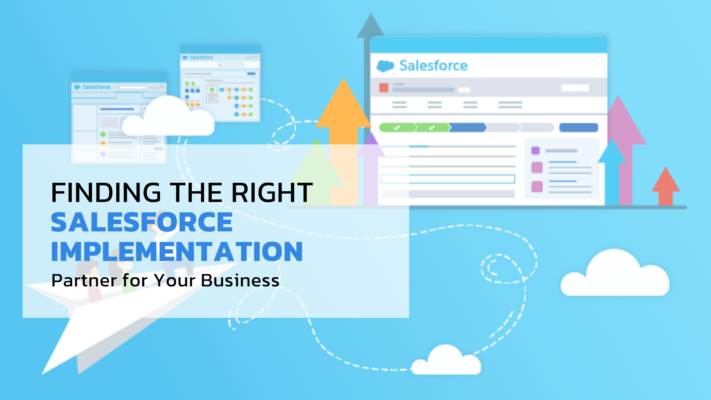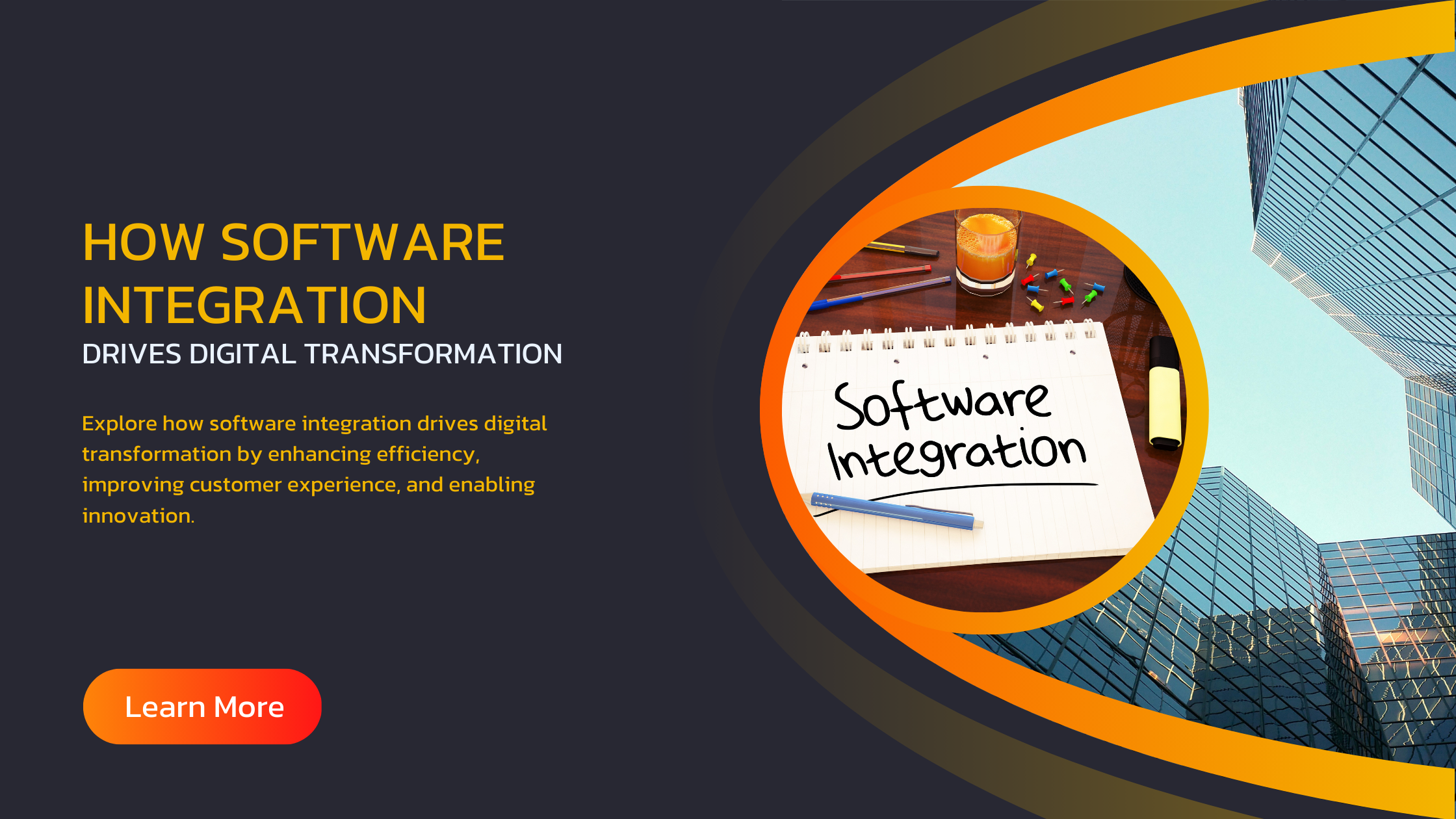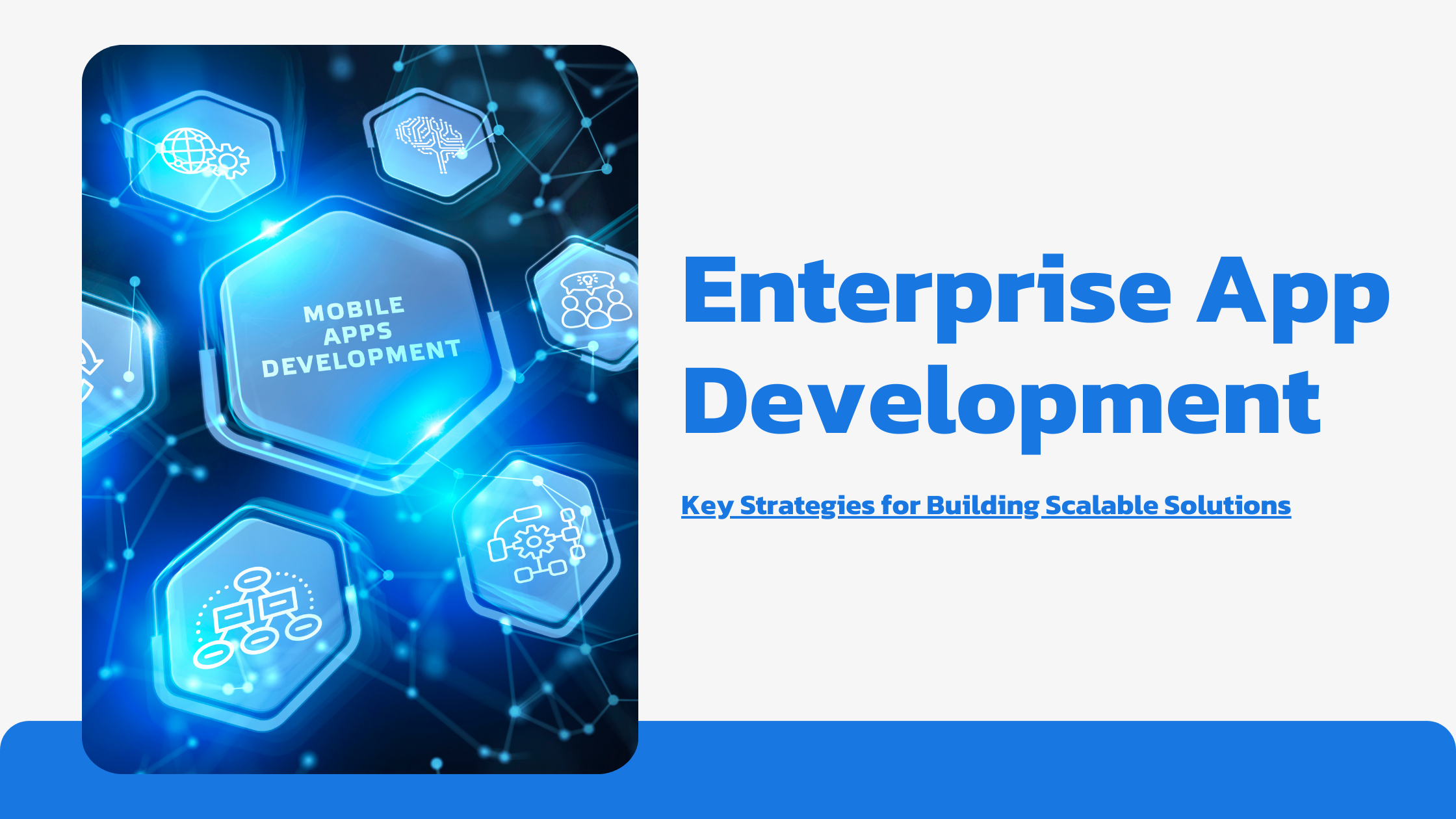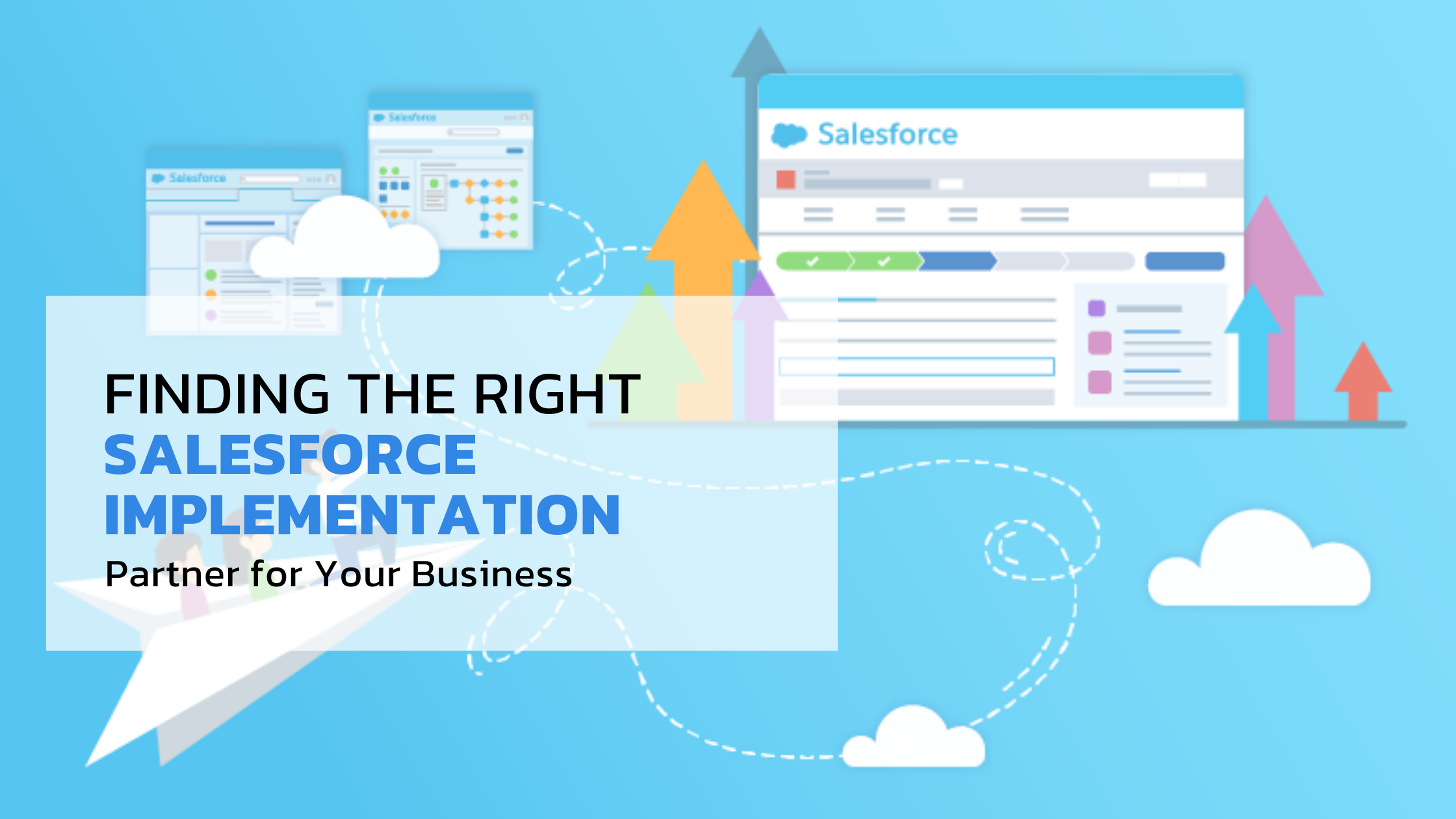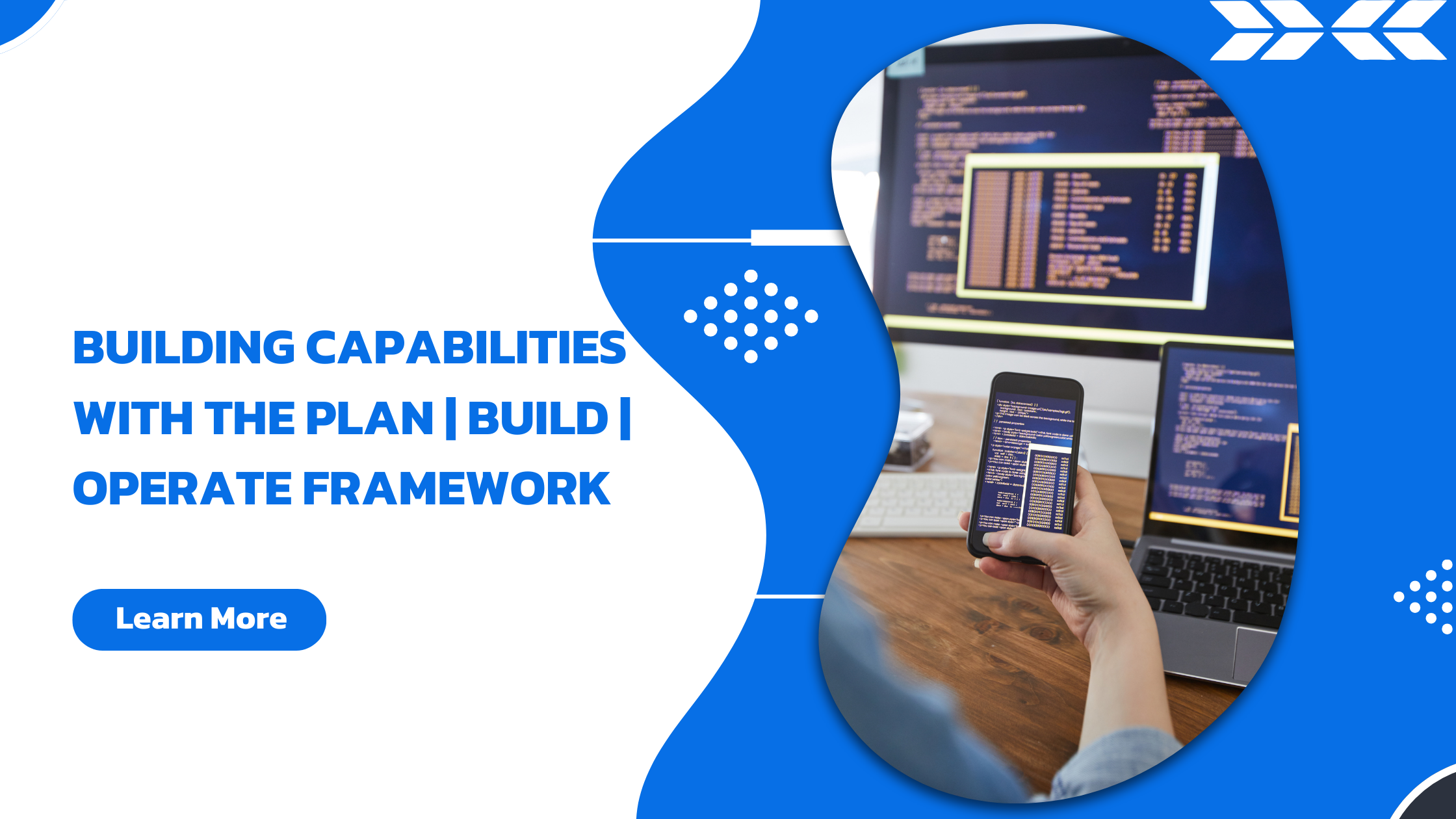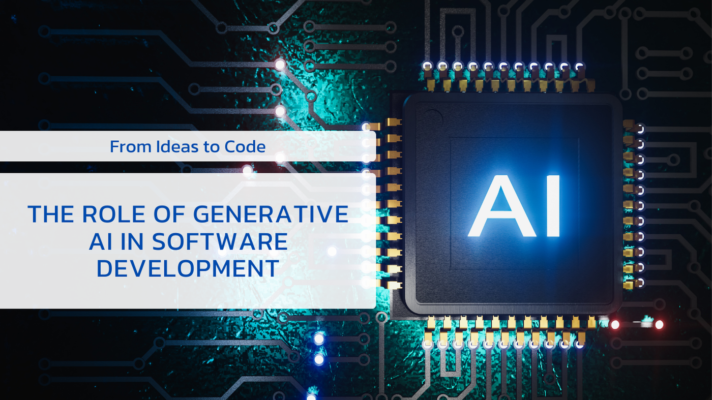
Generative AI stands out as a transformative technology in the rapidly evolving software development landscape. Its role in software engineering is not just about enhancing existing processes but revolutionizing the way we approach coding, testing, design, and documentation. This comprehensive blog delves deeply into the role of Generative AI in software development, examining its capabilities, benefits, and how it is reshaping the industry. We will also explore surveys and reports to provide a broad perspective on its impact and potential.
What is Generative AI?
Generative AI is a subset of artificial intelligence that focuses on creating new content from learned patterns in existing data. Unlike traditional AI models that primarily perform tasks like classification or prediction, Generative AI can produce entirely new outputs. This includes generating text, images, music, and code, making it a versatile tool with many applications.
Evolution of Generative AI
The journey of Generative AI has been marked by significant advancements. Early models were rule-based and could generate outputs based on predefined rules. However, the advent of neural networks and deep learning has led to more sophisticated models. Large language models like GPT-4, developed by OpenAI, are prime examples of this evolution. These models can generate human-like text and have been instrumental in various creative and technical fields, including software development.
Generative AI has progressed from simple pattern recognition to complex data generation, driven by breakthroughs in machine learning and data processing. Modern Generative AI systems can understand context, generate high-quality outputs, and even provide interactive and adaptive responses based on user inputs.
The Impact of Generative AI on Software Development
Generative AI is reshaping software development in several transformative ways. Its influence extends across multiple stages of the development lifecycle, from initial design to final deployment. Here’s a detailed exploration of its key contributions:
1. Code Generation and Completion
One of the most notable applications of Generative AI in software development is code generation and completion. Tools such as GitHub Copilot, powered by OpenAI’s Codex, exemplify this application. These tools assist developers by suggesting code snippets, completing functions, and even generating entire algorithms based on natural language descriptions or partial code inputs.
Key Benefits:
- Enhanced Productivity: Generative AI accelerates the coding process, allowing developers to write code faster and more efficiently. By providing real-time suggestions, these tools reduce the time spent on repetitive tasks.
- Error Reduction: AI-powered tools can help identify and correct syntax errors, logical errors, and other issues in real-time, leading to more reliable code.
- Learning Resource: For novice developers, Generative AI serves as an invaluable learning tool, offering examples and explanations that can aid in understanding complex coding concepts and best practices.
2. Automated Testing
Generative AI is also making strides in automated testing. Traditional testing methods often involve manually creating test cases and scripts. However, Generative AI can automate this process by generating comprehensive test cases based on various scenarios and edge cases.
Key Benefits:
- Comprehensive Coverage: AI-generated test cases can cover a wider range of conditions than manually created tests, ensuring more thorough validation of the software.
- Accelerated Testing: Automated testing speeds up the development process by quickly identifying and addressing issues, reducing the time needed for manual testing.
- Reduced Human Error: AI minimizes the risk of oversight in test case creation, leading to more accurate and reliable testing.
3. Bug Fixing and Refactoring
Generative AI tools can significantly aid in bug fixing and code refactoring. These tools analyze code to identify potential bugs, suggest fixes, and recommend refactoring opportunities to enhance code quality and maintainability.
Key Benefits:
- Efficient Bug Resolution: AI can detect common patterns associated with bugs and suggest solutions, streamlining the bug-fixing process.
- Improved Code Quality: AI tools offer recommendations for code refactoring, helping developers adhere to best practices and improve the overall quality of the codebase.
- Management of Technical Debt: Automated refactoring assists in managing and reducing technical debt, which can accumulate over time and impact software performance.
4. Design and Architecture
Generative AI can play a crucial role in software design and architecture by analyzing requirements and generating architectural diagrams, component designs, and system blueprints. This capability streamlines the design process and ensures that architectural decisions align with project goals.
Key Benefits:
- Optimized Design: AI tools can recommend design patterns and architectural structures that best fit the project’s requirements, leading to more efficient and effective design.
- Time Savings: By automating the generation of design documents and diagrams, AI reduces the time spent on manual design tasks, allowing developers to focus on more strategic aspects of the project.
- Consistency: AI ensures consistency in design practices across different projects, promoting best practices and reducing the likelihood of errors.
5. Natural Language Processing (NLP) Integration
Generative AI enhances software development through advanced Natural Language Processing (NLP). This integration allows software systems to better understand and respond to human language, improving user interaction and overall user experience.
Key Benefits:
- Enhanced User Interfaces: AI-powered NLP creates more intuitive and user-friendly interfaces, enabling users to interact with software using natural language commands and queries.
- Contextual Understanding: Improved NLP capabilities enhance the software’s ability to understand and process user inputs in a more meaningful and contextually relevant manner.
- Personalization: AI can tailor user experiences based on individual preferences and behaviors, providing a more personalized and engaging interaction with the software.
6. Code Documentation
Maintaining accurate and up-to-date code documentation is essential for long-term project sustainability. Generative AI automates the creation of documentation by analyzing the code and generating descriptive comments and explanations.
Key Benefits:
- Consistent Documentation: AI ensures that documentation is consistently updated and aligned with changes in the codebase, reducing discrepancies and enhancing clarity.
- Improved Collaboration: Well-maintained documentation facilitates better collaboration among team members, making it easier for them to understand and work with the code.
- Time Efficiency: Automating documentation tasks saves developers time and effort, allowing them to focus on coding and other critical activities.
Insights from Surveys and Reports
Stack Overflow Survey
The Stack Overflow survey reveals a growing trend among developers integrating AI tools into their workflows. The survey highlights that AI-assisted coding enhances efficiency and reduces manual effort, underscoring the benefits of incorporating AI into software development practices.
McKinsey & Company Report
McKinsey & Company’s report explores the broader impact of AI on software development. It highlights how Generative AI is transforming coding, testing, and design processes, emphasizing the significant advantages of adopting AI-driven tools in development practices.
Gartner Research
Gartner’s research on AI in software engineering provides insights into key trends and predictions. The research underscores the growing adoption of AI tools and their potential to revolutionize software development by enhancing productivity, quality, and creativity.
Challenges and Considerations
While Generative AI offers numerous benefits, it also presents several challenges and considerations that need to be addressed:
Quality Control
Ensuring the quality of AI-generated code and outputs is crucial. Developers must review and validate AI-generated suggestions to maintain high standards and prevent potential issues.
Ethical Concerns
The use of Generative AI raises ethical concerns, including intellectual property issues and the potential for misuse. Establishing clear guidelines and ethical standards is essential to address these concerns and ensure responsible use of AI technologies.
Dependence on AI
Over-reliance on AI tools may lead to a decrease in developers’ problem-solving skills. It’s important to strike a balance between leveraging AI and maintaining fundamental coding expertise to avoid dependency.
Data Privacy
Generative AI models often require access to large datasets, raising concerns about data privacy and security. Organizations must ensure that data is handled responsibly and in compliance with relevant regulations.
Looking Ahead: The Future of Generative AI in Software Development
The future of Generative AI in software development is filled with potential. As AI technology continues to advance, we can expect even greater innovations and improvements in the field.
Emerging Trends
- Deeper Integration: Generative AI will become increasingly integrated into the entire development lifecycle, from planning and design to deployment and maintenance.
- Enhanced Collaboration: AI tools will facilitate better collaboration among development teams by providing real-time insights, recommendations, and automation.
- Personalized Solutions: Future AI tools will offer even more personalized recommendations and solutions tailored to specific project needs and developer preferences.
Conclusion
Generative AI is redefining the landscape of software development. From automating code generation and testing to enhancing design and documentation, its role is profound and multifaceted. As the industry continues to evolve, companies such as Upcore Technologies are at the forefront of leveraging Generative AI to drive innovation and efficiency. By embracing these advanced technologies, developers and organizations can look forward to a future where software development is more streamlined, productive, and tailored to evolving needs.
Generative AI is not just a tool; it’s a transformative force that is reshaping how software is conceived, developed, and maintained. As we move forward, staying informed about AI advancements and integrating them thoughtfully into development practices will be crucial for achieving success in the ever-evolving world of software development.




